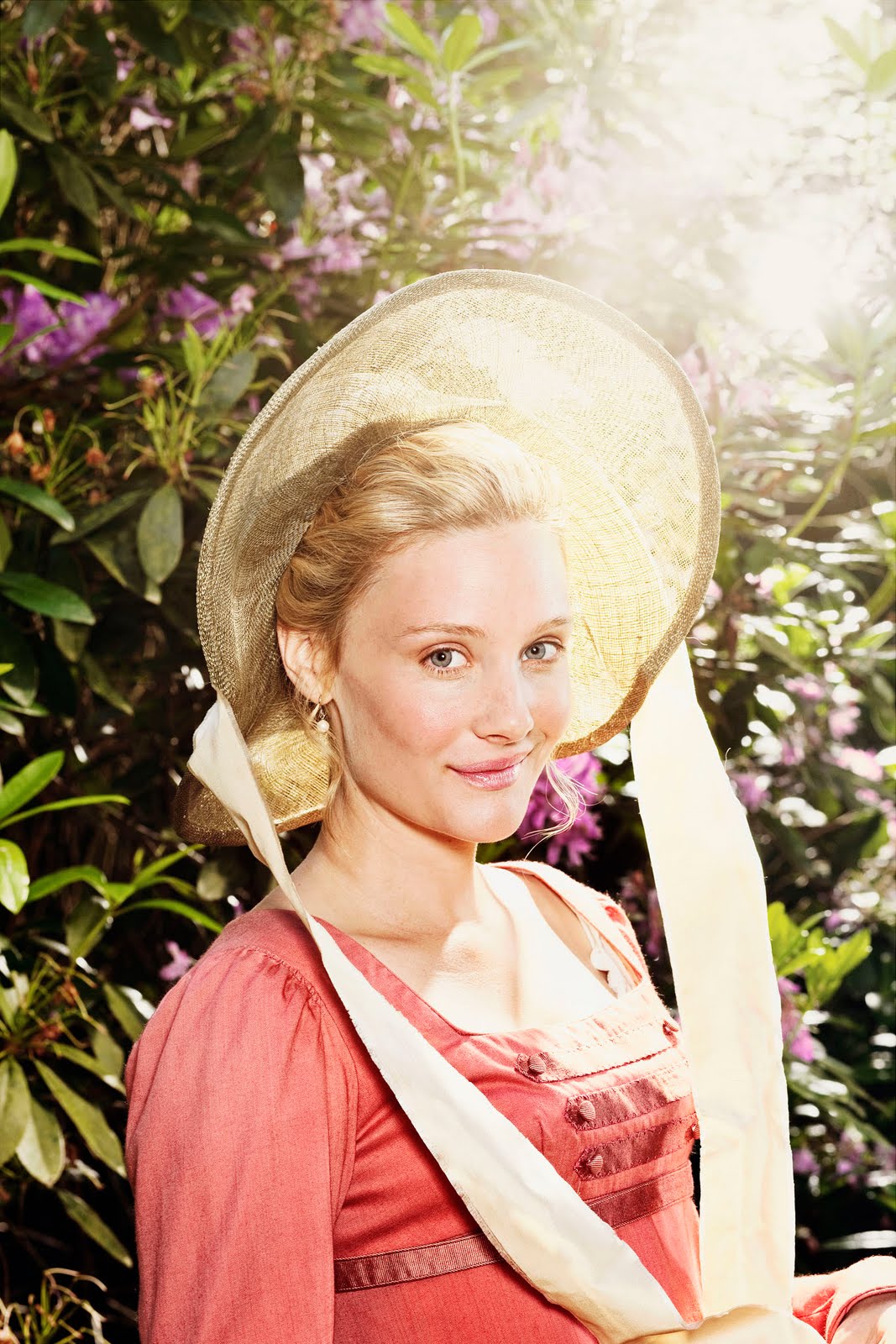
“Emma Woodhouse, handsome, clever, and rich, with a comfortable home and happy disposition” is a suitable heroine for Jane Austen’s lightest, frothiest novel. While “Emma” is not nearly as dramatic as Austen’s other works, it is an enchanting little comedy of manners in which a young woman with the best intentions meddles in others’ love lives… with only the faintest idea of how people (including herself) actually feel.
After matchmaking her governess Miss Taylor, Emma Woodhouse considers herself a natural at bringing people together. She soon becomes best buddies with Harriet, a sweet (if not very bright) young woman who is the “natural daughter of somebody.” Emma becomes determined to pair Harriet with someone deserving of her (even derailing a gentleman-farmer’s proposal), such as the smarmy, charming Mr. Elton. When Emma’s latest attempt falls apart, she finds that getting someone OUT of love is a lot harder than getting them INTO it.
At around the same time, two people that Emma has heard about her entire life have arrived — the charming Frank Churchill, and the reserved, remote Miss Jane Fairfax (along with rumors of a married man’s interest in her). Emma begins a flirtatious friendship with Frank, but for some reason is unable to get close to Miss Fairfax. As she navigates the secrets and rumors of other people’s romantic lives, she begins to realize who she has been in love with all along.
Out of all Jane Austen’s books, “Emma” is the frothiest and lightest — there aren’t any major scandals, lives ruined, reputations destroyed, financial crises or sinister schemes. There’s just a little intertwined circle of people living in a country village, and how one young woman tries to rearrange them in the manner that she genuinely thinks is best. Of course, in true comedy style everything goes completely wrong.
And despite the formal stuffiness of the time, Austen wrote the book in a languidly sunny style, threading it with a complex web of cleverly orchestrated rumors and romantic tangles. There’s some moments of seriousness (such as Emma’s rudeness to kind, silly Miss Bates), but it’s also laced with some entertaining dialogue (“Silly things do cease to be silly if they are done by sensible people in an impudent way”) and barbed humor (the ridiculous and obnoxious Mrs. Elton).
Modern readers tend to be unfairly squicked by the idea of Emma falling for a guy who’s known her literally all her life, but Austen makes the subtle relationship between Knightley and Emma one of affectionate bickering and beautiful romantic moments (“If I loved you less, I might be able to talk about it more. But you know what I am. You hear nothing but truth from me”).
Emma is a character who is likable despite her flaws — she’s young, bright, well-meaning and assured of her own knowledge of the human heart, but also naive and sometimes snobbish. She flits around like a clumsy butterfly, but is endearing even when she screws up. Mr. Knightley is her ideal counterpoint, being enjoyably blunt and sharp-witted at all times. And there’s a fairly colorful supporting cast — Emma’s neurotic but sweet dad, her kindly ex-governess, the charming Frank, the fluttery Miss Bates, and even the smarmy Mr. Elton and his bulldozing wife.
“Emma” is the most lightweight and openly comedic of all Jane Austen’s novels, with a likable (if clueless) heroine and a multilayered plot full of half-hidden feelings. A lesser delight.
I was contemplating only yesterday about whether or not to read this, and I saw your review at the perfect moment. Definitely in need of something less complicated, so this feels like the perfect read.
LikeLike